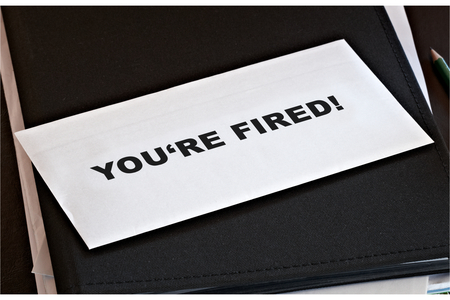Hand It Over
You’ve been handling a case for several months, but it turns out that your firm once represented the opposing party in a substantially related matter. The court grants the opposing party’s motion to disqualify you. Meanwhile, your client retains new counsel, who requests your files on the current case.
The question is this: Do you turn over everything? Whether you’re disqualified, withdraw or are fired, your primary obligation at the termination of a representation is to “take steps to the extent reasonably practicable to protect [your] client’s interests,” states Rule 1.16 of the ABA Model Rules of Professional Conduct (Declining or Terminating Representation). Most state-level jurisdictions follow this model.
But what about the interest of the opposing party–the client you represented in a previous matter –in protecting its confidential information, which it believes permeates your work product in the current case?
Few jurisdictions have directly addressed the question, and the case law that does deal with it is far from definitive.
In the most thorough recent analyses of the issue, the Texas Supreme Court in In re George, 28 S.W.3d 511 (2000), identified three approaches–and raised questions about all of them.
• Some courts would prohibit you as the disqualified lawyer from turning over any work product to successor counsel. In effect, states the Texas court’s majority opinion, that continues “the irrebutable presumption from the disqualification stage of the inquiry to conclusively presume that all the work product is tainted.” But if the work was routine or wasn’t related to the prior representation, doesn’t a blanket prohibition on turnover unduly “punish” the affected client?
• Some courts put the burden on the opposing party (and former client) to show that your work product contains specific confidential information. But doesn’t it undermine the protection of confidentiality to require that the former client identify specific confidential information?
• Other courts prefer a balancing test. On one side is the possibility that confidential information will be used against the former client, determined by examining the relationship between the two representations, the nature of the work product and the degree of attorney overlap. On the other side is the burden of forcing the client in the present case–now with new counsel–to try to duplicate your work, if indeed the work can be duplicated. But should confidentiality be decided by a balancing test?
Check the Inventory
Not satisfied with those approaches, the Texas Supreme Court in George articulated a new standard.
The test starts with a rebuttable presumption that the work product contains confidential information. Once the opposing party (and former client) has established that the two representations are substantially related, the burden is on the current client (with new counsel) to rebut the presumption “by demonstrating that there is not a substantial likelihood that the desired items of work product contain or reflect confidential information.”
Under the Texas test, a court should order the disqualified lawyer to produce a fully descriptive inventory of work product from the current case. If the work product is not related to the prior representation, it will generally not contain confidential information about the opposing party. If the court cannot determine from the inventory whether an item of work product is tainted, it should consider any other evidence presented by successor counsel.
“If the trial court is still unsure, then the presumption is not rebutted, and the material cannot be turned over to successor counsel,” the court’s majority opinion states. So, should you turn over your entire file to successor counsel? Until the judge rules, the prudent approach is to assume that any work product in the file is indeed tainted. Not only may you keep some parts of it from successor counsel, but you probably will be required to do so.
Elizabeth J. Cohen, a lawyer, is with the ABA Center for Professional Responsibility.



